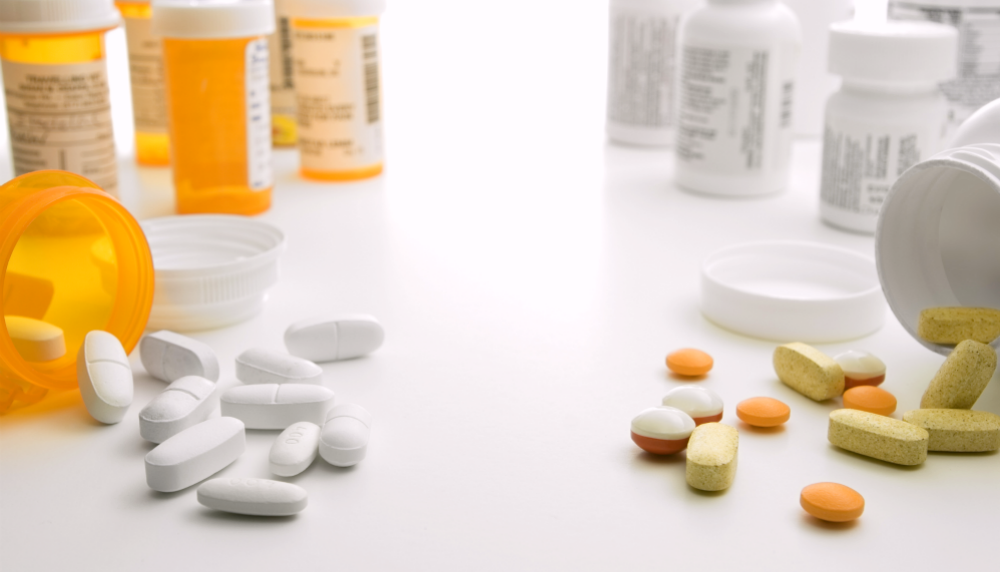Medications and Marginal Ulcers
Non-steroidal anti-inflammatory medications (NSAIDs), such as Advil, Motrin, Aleve, Excedrin and Celebrex, are used primarily to treat inflammation, fever and mild to moderate pain from headaches, arthritis, sports injuries and menstrual cramps.
Taking NSAIDs after gastric bypass surgery significantly increases the risk of developing marginal ulcers at the connection between the stomach pouch and the Roux limb. Thus, gastric bypass patients should avoid these medications.
The same risk extends to the salicylates (i.e., aspirin), but the risks and benefits of daily aspirin therapy should be considered on an individual basis. Safer options for oral pain medications include acetaminophen and opioids (Percocet, Vicodin, Tylenol #3 and Tramadol).
Oral biphosphonates are another type of medication that may produce marginal ulcers in gastric bypass patients. These drugs inhibit the loss of bone mass associated with bone diseases like osteoporosis and Paget’s disease; commonly used biphosphonates include Actonel, Aredia, Boniva, Didronel, Fosamax, Reclast, Skelid and Zometa. However, there are alternative treatment options available, such as calcitonin salmon nasal spray, synthetic parathyroid hormone and Raloxifene.
Anti-acid medications (Nexium, Protonix or Prevacid) are prescribed to prevent ulcers in the gastric pouch. We recommend taking one of these for at least six months following any type of bariatric surgery.
NSAIDs After Weight Loss Surgery



